Incubating New Talent to Advance the Blue Economy
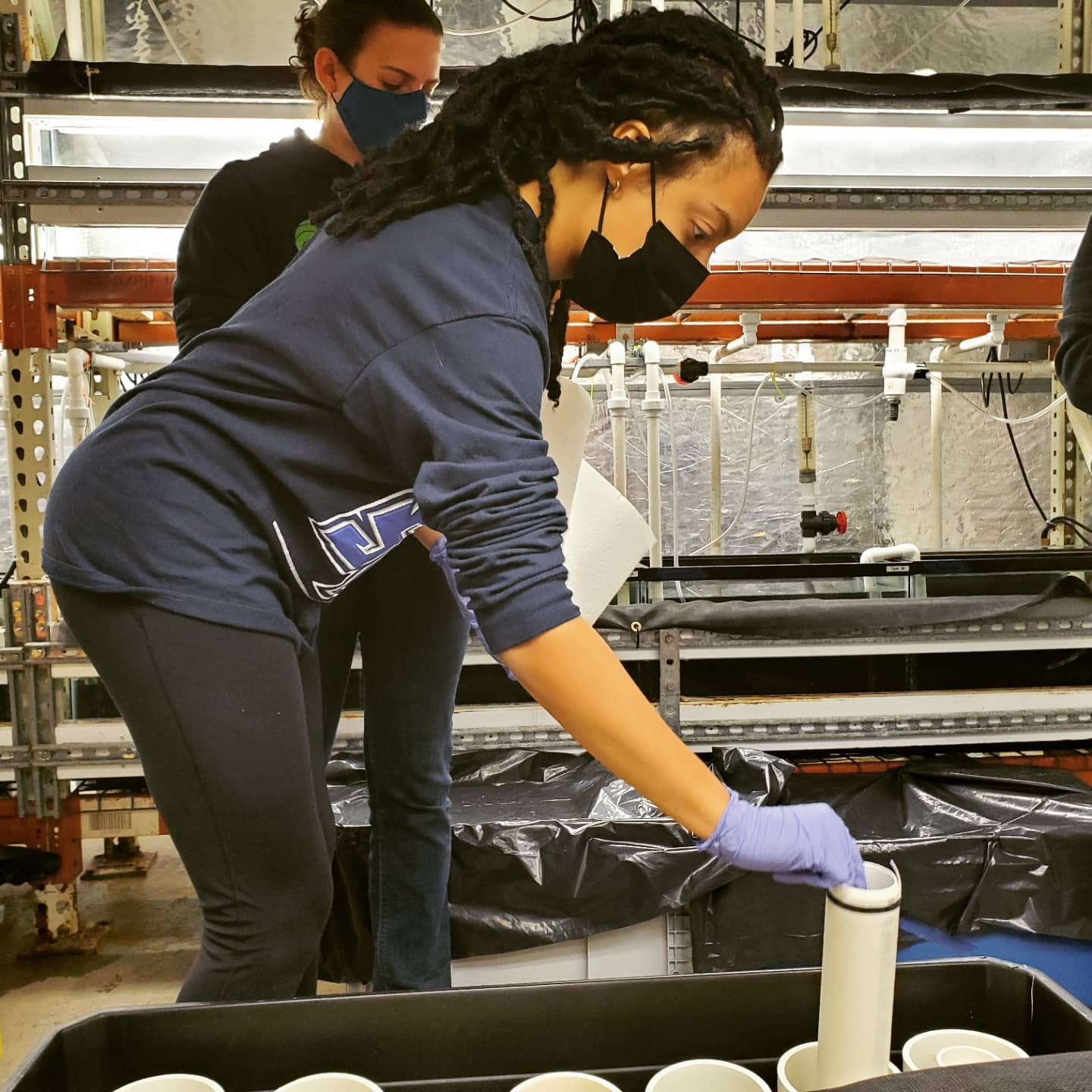
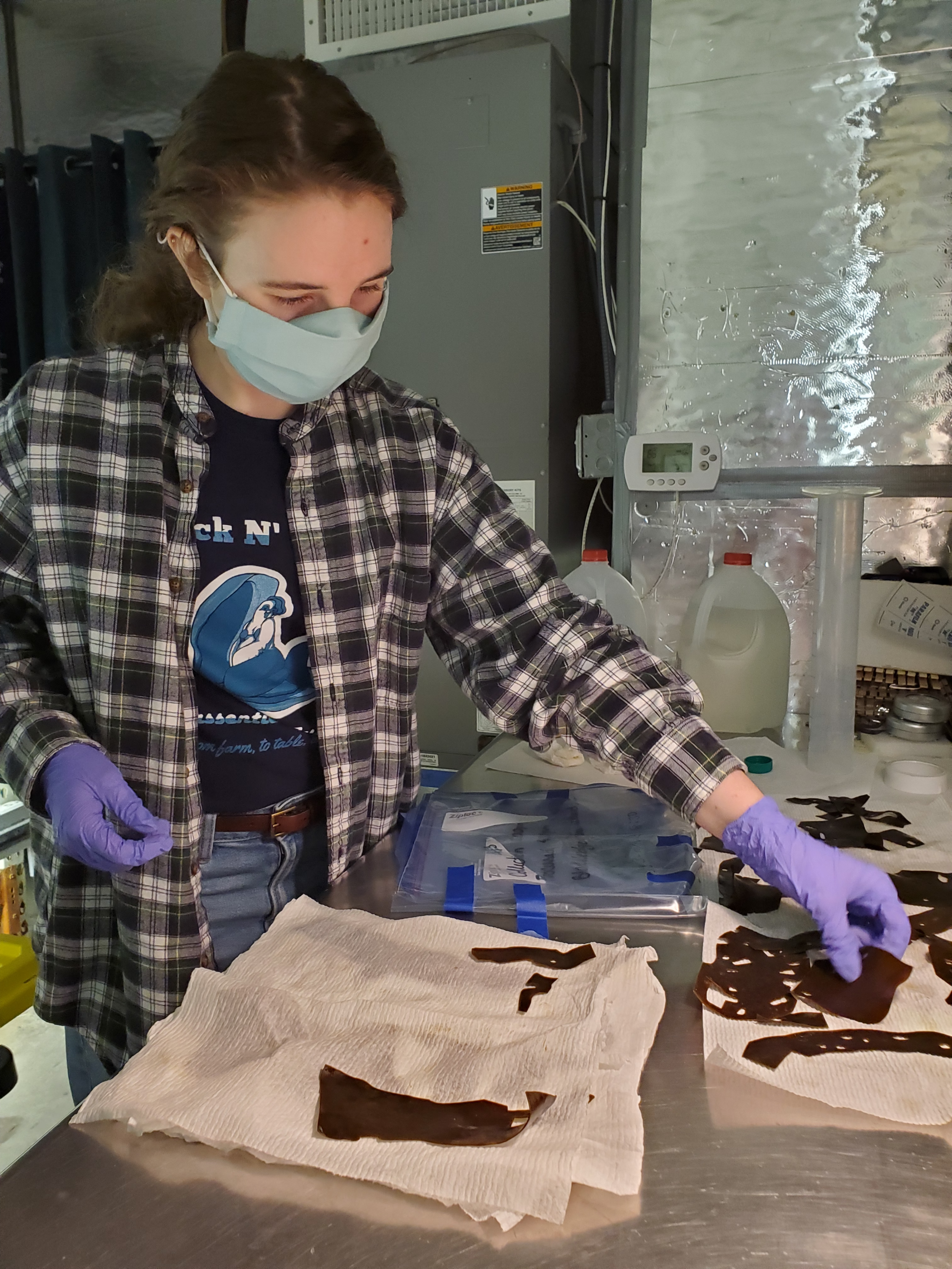
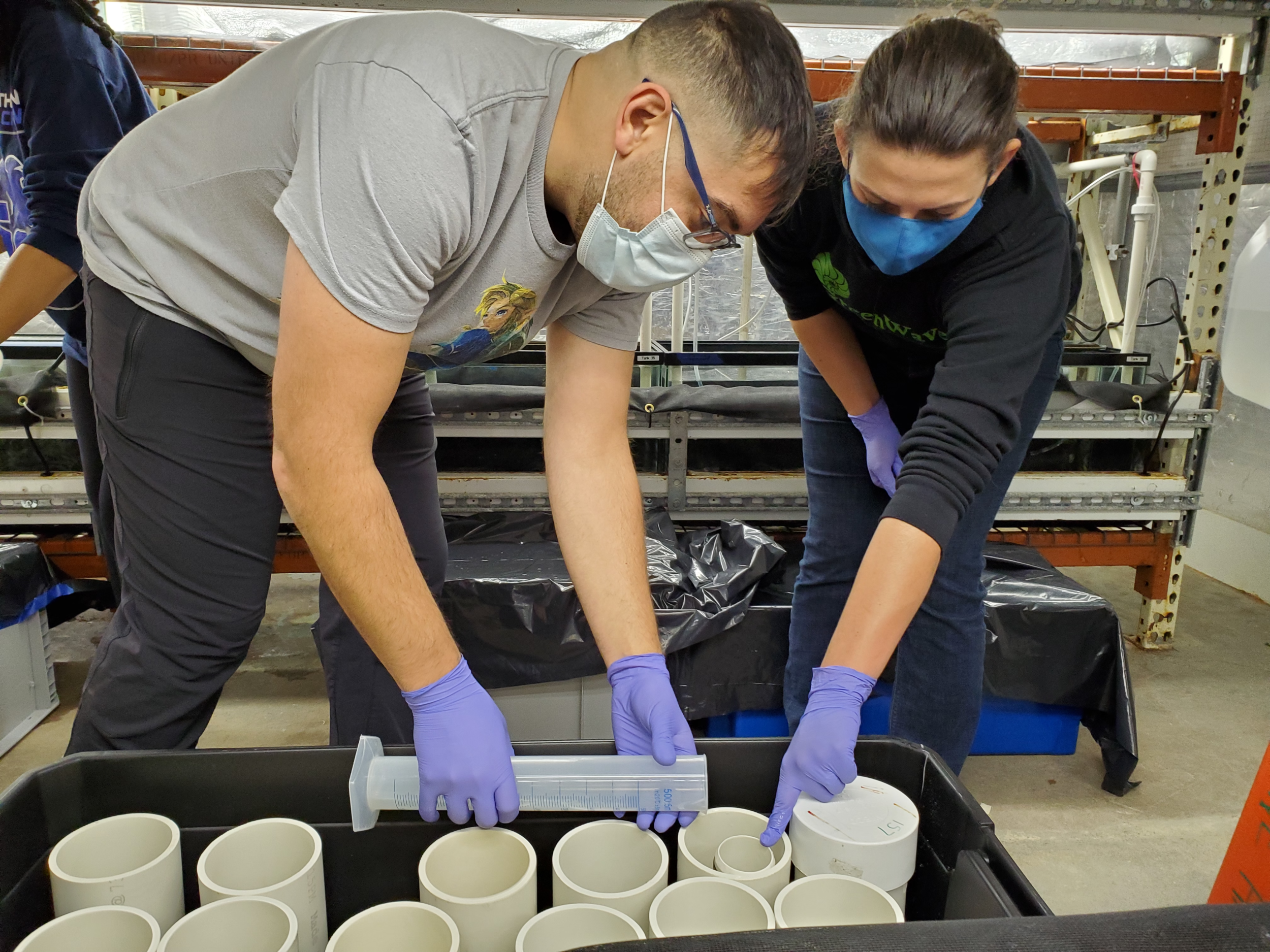
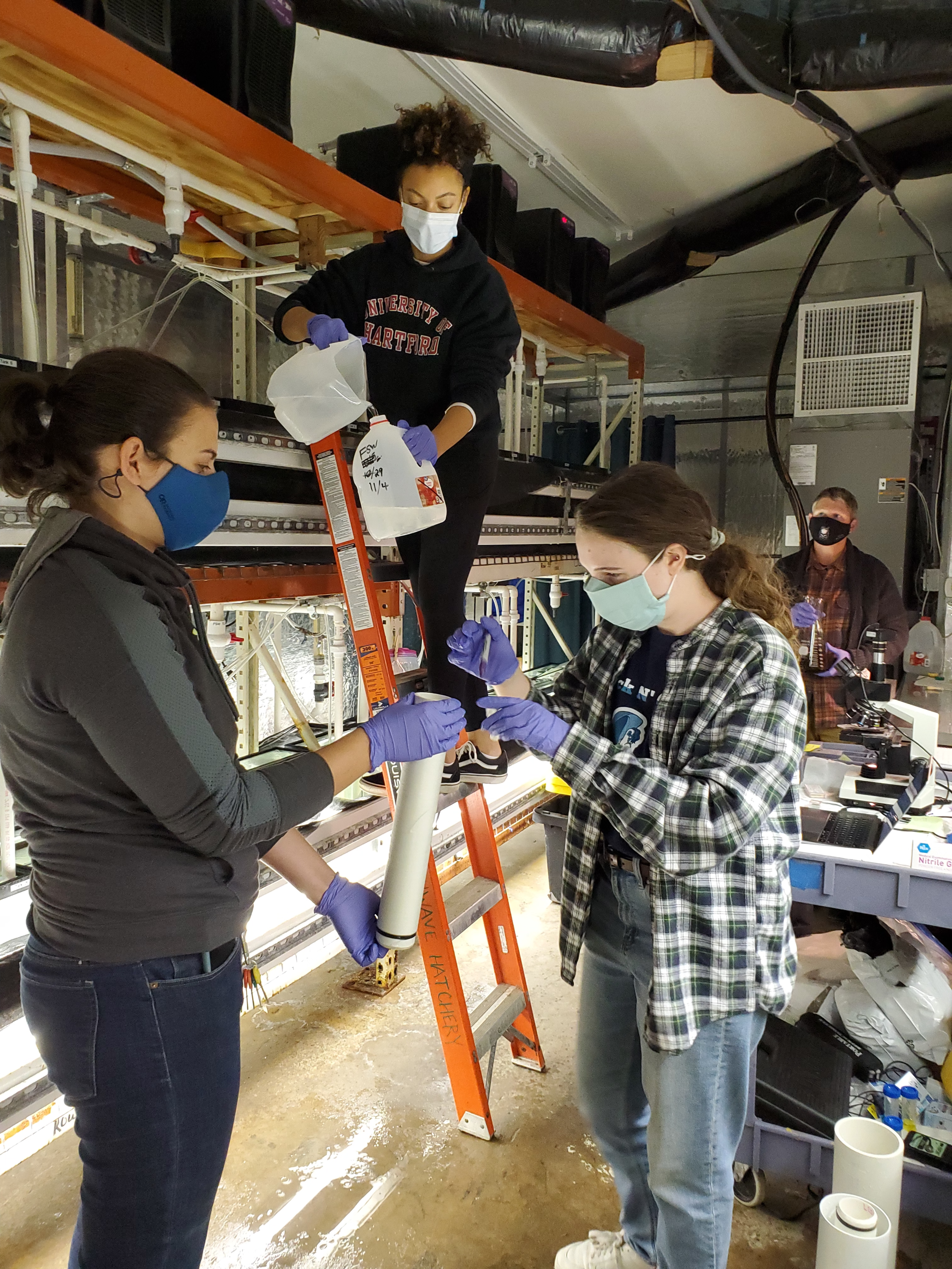
GreenWave’s hatchery functions as an innovation hub where our team conducts research on techniques and technologies to develop best practices for climate adaptive and consistent seed production, high on-farm yields, cost-effectiveness, and replication; broadcasts live training for hatchery technicians around the country; and cultivates the next generation of climate solutions leaders through our internship program.
Since its inception in 2019, GreenWave’s fall hatchery internship has drawn students from the Greater New Haven area looking to build careers in the growing Blue Economy.
Our interns learn technical skills and gain hands-on experience in a commercial facility. “We give interns practical experience outside of an academic setting,” says GreenWave Hatchery Manager Michelle Stephens. “We emphasize using readily available materials and teaching interns how to troubleshoot challenges in real-time."
Persistent pandemic-driven supply chain issues also affected GreenWave’s hatchery, providing our 2021 interns Charlie Feliciano, Leana Mauricette, and Randy Holland with a unique opportunity to apply experimental design.
“We train interns to think ahead and problem solve. These skills are relevant and necessary,” Michelle says, “especially in the era of climate change.”
“A doctoral research lab isn’t the real world. This internship is a crash course for learning technical skills and working on a research team with commercial sense,” says Charlie, a U.S Army Veteran. “Getting a chance to do your own aquaculture research in undergrad is rare. The hatchery internship is the most realistic, hands-on experience I can participate in.”
After completing active Army service, Charlie enrolled at the University of New Haven to study Environmental Science and pursue his passion for nature as a second career. Through his coursework, Charlie is studying aquaculture systems that grow multiple marine organisms together. “Regenerative ocean farming is the future. Kelp is the future. There’s real opportunity for work in this field,” he says. As a hobby aquarist who maintains tropical saltwater tanks, Charlie was eager to learn about cold water macroalgae cultivation in a hatchery. Charlie hopes to apply the new technical skills he gained to warm water experiments and future career opportunities.
Acquiring hard science skills was also a major draw for Leana, a Junior at Southern Connecticut State University studying Environmental Systems and Sustainability. “This experience was one-of-a-kind for someone with a business, marketing, and economics background. I used my brain in a different way. Less sitting at a computer and more plumbing and microscope work,” says Leana. Through Project Blue at SCSU–the university’s blue economy product and innovation program–Leana is currently developing an app to connect seaweed farmers to consumers. “By learning how to read research in our weekly literature reviews and gaining experience of the experimental design process, I have a deeper understanding of the industry,” she says. “I have a more complete picture of the blue economy stakeholders and the nuance of sourcing seaweed products.”
With interests in promoting renewable and sustainable work in urban communities, Leana hopes to address the disproportionate effects of climate change on the socioeconomic minority. “As a black woman and as someone who grew up low-income, I’ve felt negative climate effects first-hand. Flooding, harsh winters, and hot summers. There’s no green infrastructure in low income communities,” she says. “Regenerative ocean farming is a whole new vision and it focuses on how to meet the needs of the present without negatively impacting the future.” Through her app, Leana’s goal is to overcome socioeconomic barriers and increase access to the benefits of the blue economy by leveraging technology.
Randy, a senior in SCSU’s Environmental Systems and Sustainability program, also aims to create access to science education and the blue economy through research. “Science terminology can cause educational gatekeeping,” she says. “I want to consider ways to make science more accessible to a wider audience as I continue my work in scientific research.” Randy was drawn to GreenWave because of its relevance to her undergraduate honors thesis researching the impacts of regenerative ocean farming on marine biodiversity.
For Randy, ocean polyculture is a breakthrough technique for global food production, a major sector in the emerging blue economy. “I’m tired of the doom and gloom,” she says. “It’s easy to be discouraged with the news and science of climate change. The positive benefits of multispecies ocean farming is refreshing,” says Randy. Prior to the internship, Randy had no experience working with aquaria. Hatchery preparations and daily chores developed Randy’s tank maintenance skills. “As a marine scientist, that can only be helpful,” she says. “Learning to follow biosecurity protocols is helpful practice for the professional world.”
GreenWave’s hatchery internship incubates new energy and talent to advance the regenerative ocean farming industry. We’re honored to train and support emerging young leaders like Charlie, Leana, and Randy who are eager to advance the Blue Economy.
